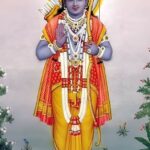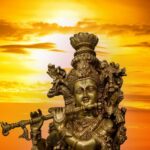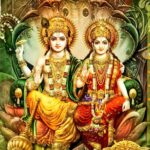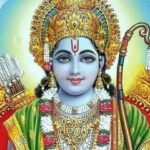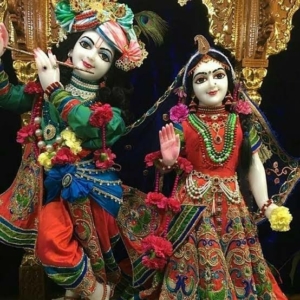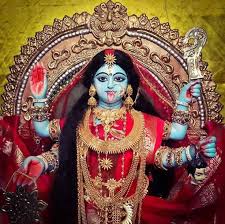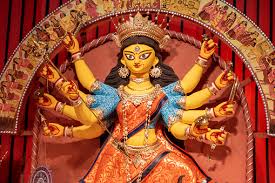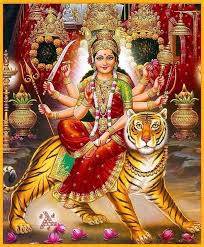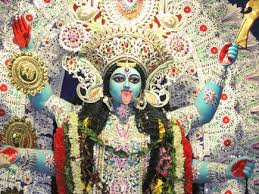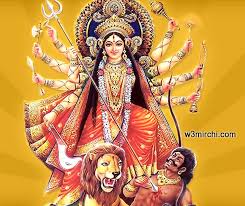बेलगाँव जिले (दक्षिण कर्नाटक) के मुरगोड़ स्थानके चिदम्बर दीक्षित सनातन वैदिक धर्मके बहुत बड़े उद्धारक, भक्ति-ज्ञानके प्रसारक और प्रेम, सेवा एवं परोपकारके साकार विग्रह माने जाते थे। एक बार एक स्त्री संतान न होनेसे अत्यन्त खिन्नहो दीक्षितकी कृपा पानेके लिये आ पहुँची। वह अनेक व्रत-उपवासादि करती, पर उसका चित्त प्रेम-दयादि गुणोंसे सर्वथा रहित था। दीक्षितने पासमें पड़े भूने चनेकी दो मुट्ठी उसे देकर कहा-‘जा, दूर बैठ; बुलाऊँ, तब आना।’वह दूर जाकर चना चबाने बैठी। खेलते-खेलते वहाँ पाँच-सात बच्चे आये। कुछ उसके मुँहकी ओर देख रहे थे तो कुछने हाथ भी पसारा। ‘एकको देनेपर सभीको देना पड़ेगा’ यह सोच वह स्त्री मुँह, छिपाकर चने खाने लगी। उसने एक दाना भी किसीको नहीं दिया। दीक्षितने उसे पास बुलाकर कहा- ‘अरी, जबफोकटमें मिले चनोंमेंसे चार दाने भी तुमसे किसीको देते नहीं बना, तब भगवान् तुम्हें हाड़-मांसके बच्चे कैसे देंगे। प्रेम और दयाके बिना कोरे व्रत-उपवासोंसे भगवान् कभी प्रसन्न नहीं होते।’ उपस्थित लोगोंने यह शिक्षा गाँठ बाँध ली।
-गो0 न0 बै0
(संतचरित्रमाला)
Chidambara Dixit of Murgod place in Belagavi district (South Karnataka) was considered to be a great savior of Sanatan Vedic religion, a disseminator of devotional knowledge and a real deity of love, service and charity. Once a woman, who was very sad because of not having a child, came to get the blessings of Dixit. She observed many fasts, but her mind was completely devoid of the qualities of love and kindness. Dixit gave him two handfuls of roasted gram lying nearby and said – ‘Go, sit away; Call me, then come.’ She went away and sat down to chew gram. Five-seven children came there while playing. Some were looking at his face and some even extended their hands. ‘If you give to one, everyone will have to give’, thinking this woman, hiding her face, started eating gram. He did not give even a grain to anyone. Dixit called him near and said- ‘Hey, when you were not able to give even four grains of gram found in the fire, then how can God give you children of flesh and blood. God is never pleased by empty fasting without love and mercy.’ The people present tied this education knot.
-go no bae
(Santcharitramala)


